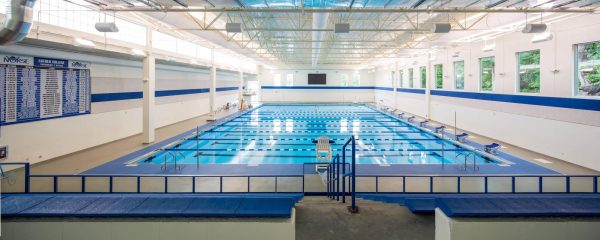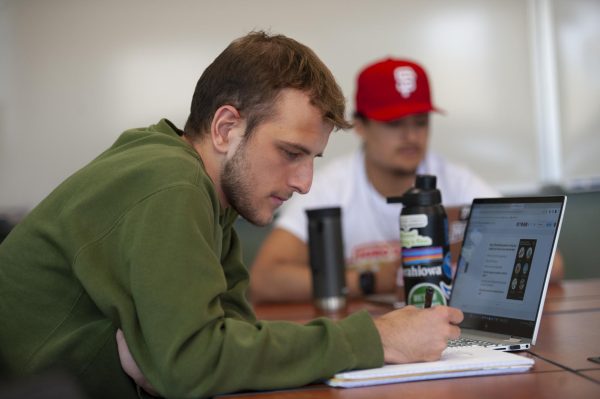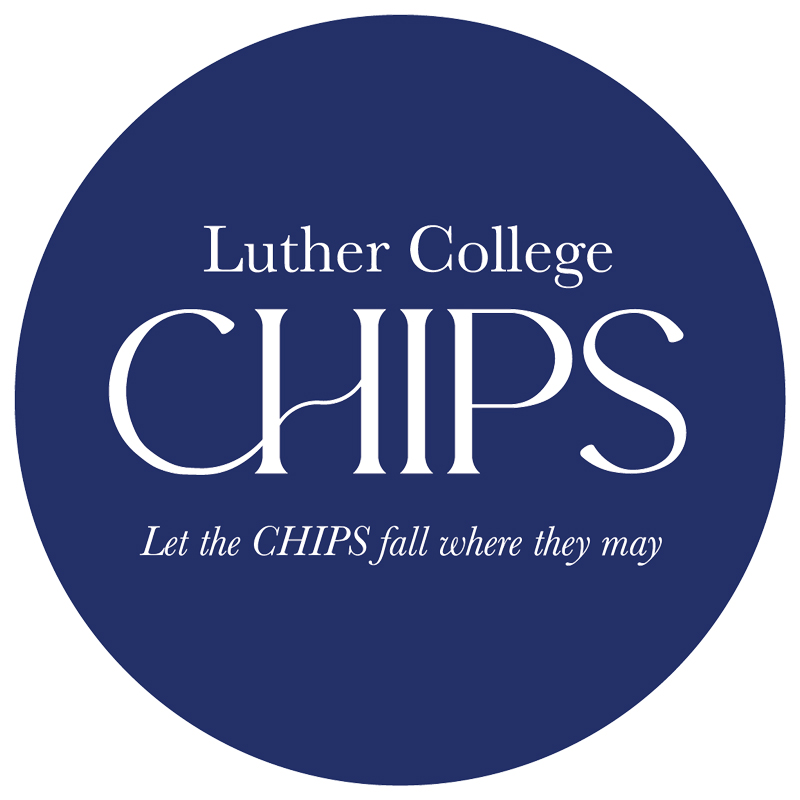The Neglected Struggle of Non-Driving Students
Imagine experiencing an allergic reaction at 10 o’clock on a snowy Friday night. Nothing is open anywhere on campus, you don’t own a car, and the public transportation system ends service at six o’clock. The only options left for you are to ask another student for a ride or pray that campus security can give you a lift. If that doesn’t work, you’re out of options; you’re simply stranded inside Luther’s campus.
This situation occurs all too often for non-driving students. Because there aren’t many transportation options to and from campus, students — both domestic and international — have to ask for rides from people in emergency situations, worrying about whether they will even have a ride. Especially when students go home for breaks, the issue only gets worse because they must ask for rides well in advance, increasing the likelihood that they won’t find transportation. It is extremely important to realize that without dependable transportation, it can be challenging to attend activities or events that are not within walking distance, making it more difficult to connect with others and engage in campus activities.
Furthermore, low-income and marginalized students who may not be able to pay for an automobile or who are from regions in which driving is not prevalent or accessible are particularly impacted by the absence of mobility options. These students, who already face a number of difficulties in higher education, now have even more obstacles in their way. Even though the Luther student body is kind and supportive of providing rides, the issue still exists.
Yes, Luther does offer break shuttles for the students, and campus security has been active during times of emergency. However, these are not practical for daily use. Even transportation alternatives like bikes are not practical, especially given Iowa’s unpredictable weather. Although there is Decorah public transportation available, it doesn’t operate on weekends; taxis close at 7 p.m. and buses stop running at 5 p.m., making it more difficult for students to get around, especially after their classes are complete.
It may not seem like much of a problem, but not having a car excludes non-driving students from the collegiate experience they may have hoped for. So what might be the ideal remedy for this? Whether it’s providing daily student shuttles or weekly grocery store shuttles, Luther has to give students more options in terms of transportation. In addition to giving non-driving students additional mobility, this would help create a campus that is more ecologically friendly and sustainable. More vehicles on campus adds to air pollution, so fewer vehicles would mean fewer environmental problems. The Luther administration should at the very least make life on campus better for students who cannot afford cars by offering them improved transportation alternatives.
This might be a conversation starter, targeted towards the student body, that encourages dialogue toward a more inclusive Luther community. More mobility options for students will not only assist in creating a better community, but also promote accessibility. The Luther administration needs to pay attention to this significant issue and take the appropriate steps to help non-driving students. They must now acknowledge the value of equitable mobility options and seek to make the campus accessible to all students. Only then will a student not have to worry about being left stranded on a chilly night, wondering where to find a ride.






